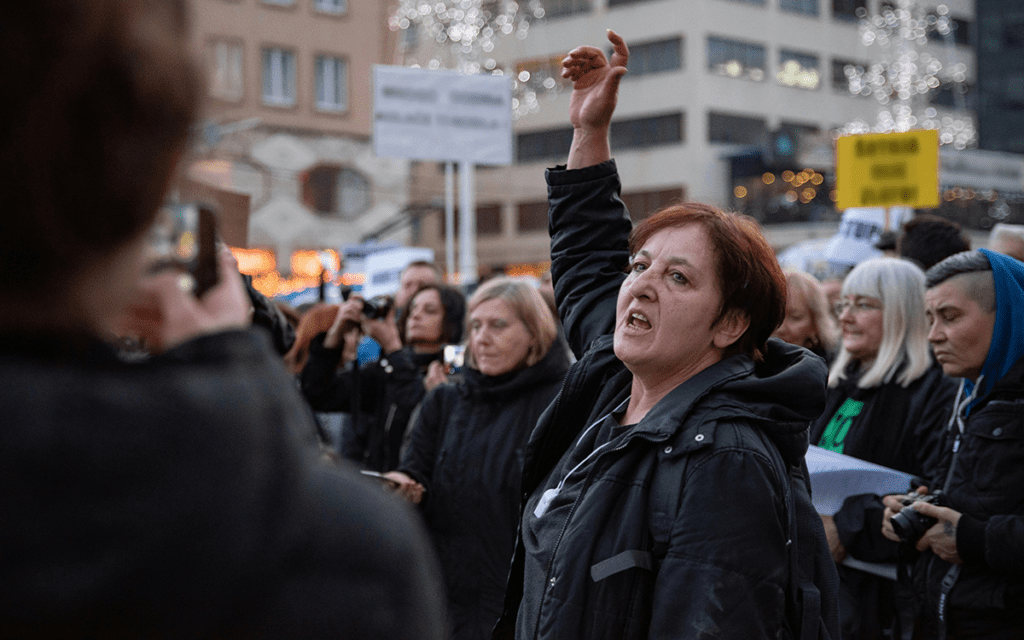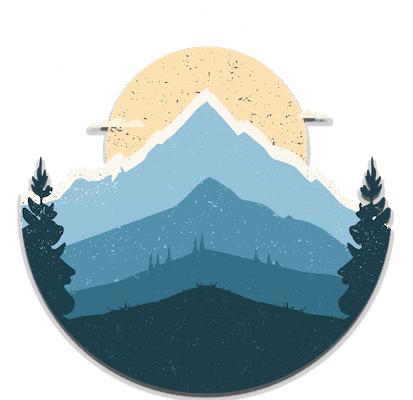The Point of Medicine
A FORUM OF CHRISTIAN MEDICAL & DENTAL ASSOCIATIONS®
Mourning During the Holidays
November 25, 2025
By Bob Cranston, MD, MA (Ethics)
Tomorrow, my eldest step-son, Travis, my son, would have celebrated his 42nd birthday. He died two years ago. We will not be celebrating with him tomorrow. This year as we have celebrated and will celebrate his three sons’ birthdays, he has not been and will not be here with us.

My September blog titled “Mourning and the Christian Response” focused on the Christian response to mourning and ways we can help ease burdens for those around us who are grieving and mourning. I distinguished between grieving, which is the inward processing of a severe loss or death of a loved one, and mourning, which is the outward working of processing loss or death.
I am writing this on November 9. Tomorrow, my eldest stepson Travis would have celebrated his 42nd birthday. He died two years ago. We will not be celebrating with him tomorrow. This year, as we have celebrated and will celebrate his three sons’ birthdays, he has not been and will not be here with us. He won’t be here with us for Thanksgiving. He won’t be here with us for Christmas.
It’s easy to say as it says in 1 Thessalonians 4:13 that we grieve not as those with no hope. But we still grieve. The death of a child, grown or otherwise, is among the most difficult deaths, but pain from death and loss, in many situations, may be intensified during the holidays.
As we enter the holidays, we should be particularly sensitive to mourners in our midst, and not just those with recent losses. We never get completely “over” the death of a loved one. Death educator and grief counselor Dr. Alan Wolfelt reminds us that closure is for doors and windows. We may live past the worst of the pain, but we never truly get over it. Matthew 5:4 tells us, “Blessed are those who mourn, for they shall be comforted” (ESV). Part of our responsibility as Christians is to help others in the comfort process.
Wolfelt states:
“While grief is always unique to the individual, all grievers have six central needs that they must engage with and continue to meet as the needs arise and re-arise over time. These six needs are both the path and the fuel for the journey toward integrating loss into one’s life. 1) Acknowledge the reality of the death, 2) embrace the pain of the loss, 3) Remember the person who died, 4) Develop a new self-identity, 5) Search for meaning, 6) Let others help you—now and always.”
Regarding number 6, above, as believers, we can come alongside mourners in our midst, and we can be with them during these difficult times. We should focus on being present and learning from the mourner, as opposed to guiding or directing the process. Presence is often better than words. Nonetheless, there are some specific things we can help gently remind our friends at the right times and in appropriate ways. In a blog posted on Christian Works, a number of helpful tips offered to help the bereaved can serve as touchpoints for those of us who aim to comfort:
- “Help them be tolerant of their physical or psychological limits.” Though triggers may be identified, fatigue, mood-swings, sleep issues and motivation in general will likely wax and wane seemingly without warning. Expect these.
- “Help them eliminate unnecessary stress.” Could you bring a meal? Ask them out for coffee? Mow their lawn? Don’t wait for them to call you. Be proactive.
- “Encourage them to seek out supportive, comforting people.” Now is no time for Pollyanna-ish or preachy would-be comforters. They may need to limit contact with some people.
- “Encourage them (gently and by example,) to name the person who has died.” Failing to use names may seem kind, but it diminishes the reality of their loss.
- “Help them do what is right for them,” not for pushy or well-meaning family or friends. Be especially supportive against demands to “get on with life” or “Keep your chin up,” or phrases such as, “God doesn’t want you to be sad.”
- “Help them be patient and gentle with others.” Help them remember that even those with worthless advice may have good intentions. “They know not what they do.”
- “Help them plan ahead for family events.” Some may need to be omitted, while others altered. Maybe it would be better to have someone else host the family get-togethers or plan for briefer times of connection.
- “Help them embrace their memories.” Even in complicated situations, there are good memories to focus on.
You can help, but above all, remember: 1) grief is both a privilege and a necessity, 2) every grief journey is unique, and 3) while time alone does not heal, your abiding presence and encouragement to commit to healing may be key to establishing a new normal during a difficult time.
What's The Point?
- Are their people who are mourning in your sphere of influence?
- The holidays are potentially extremely difficult for some. What can you do to lighten someone’s load?
- Your job is to be present and to learn, not teach. The Holy Spirit is the Comforter.
- Everyone’s grief journey is different, and there is no set time table for process. It’s not your job to hurry things along.
We encourage you to provide your thoughts and comments in the discussion forum below. All comments are moderated and not all comments will be posted. Please see our commenting guidelines.
Recent Articles
DISCUSSION FORUM
Join us for a vibrant conversation! This is a place to engage with others who see medicine not just as a profession, but as a calling — one that honors God, wrestles with real questions, and seeks truth with humility and purpose.







